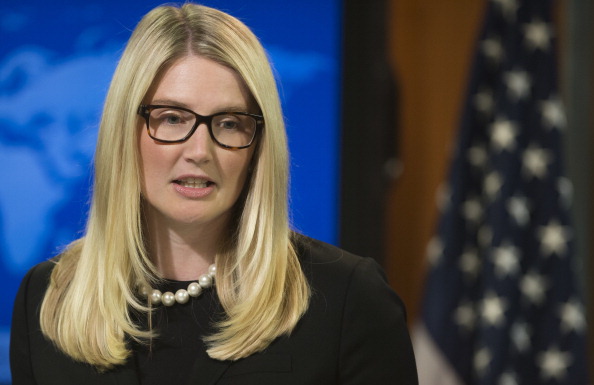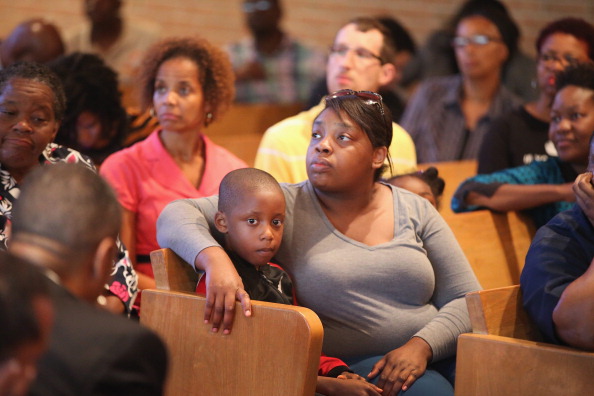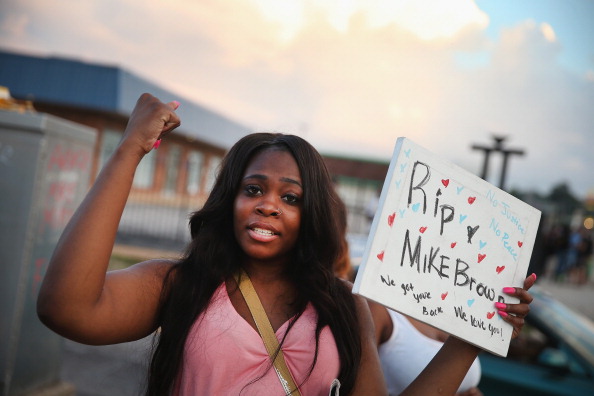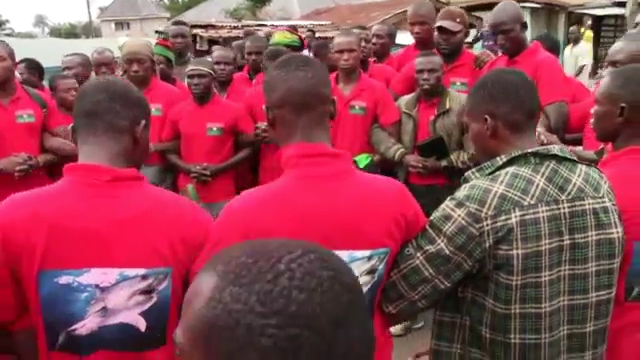
Protestors gather in Nkpor, Onitsha on 30 May 2016, Nigeria.
By Adotei Akwei and Miho Mitobe
In late November AI released a report on human rights violations committed by Nigerian security forces in the southeast of the country. The Indigenous People of Biafra (IPOB) had conducted largely peaceful marches as part of an effort to establish an independent state, and the response was brutal and depressing in its familiarity. SEE THE REST OF THIS POST
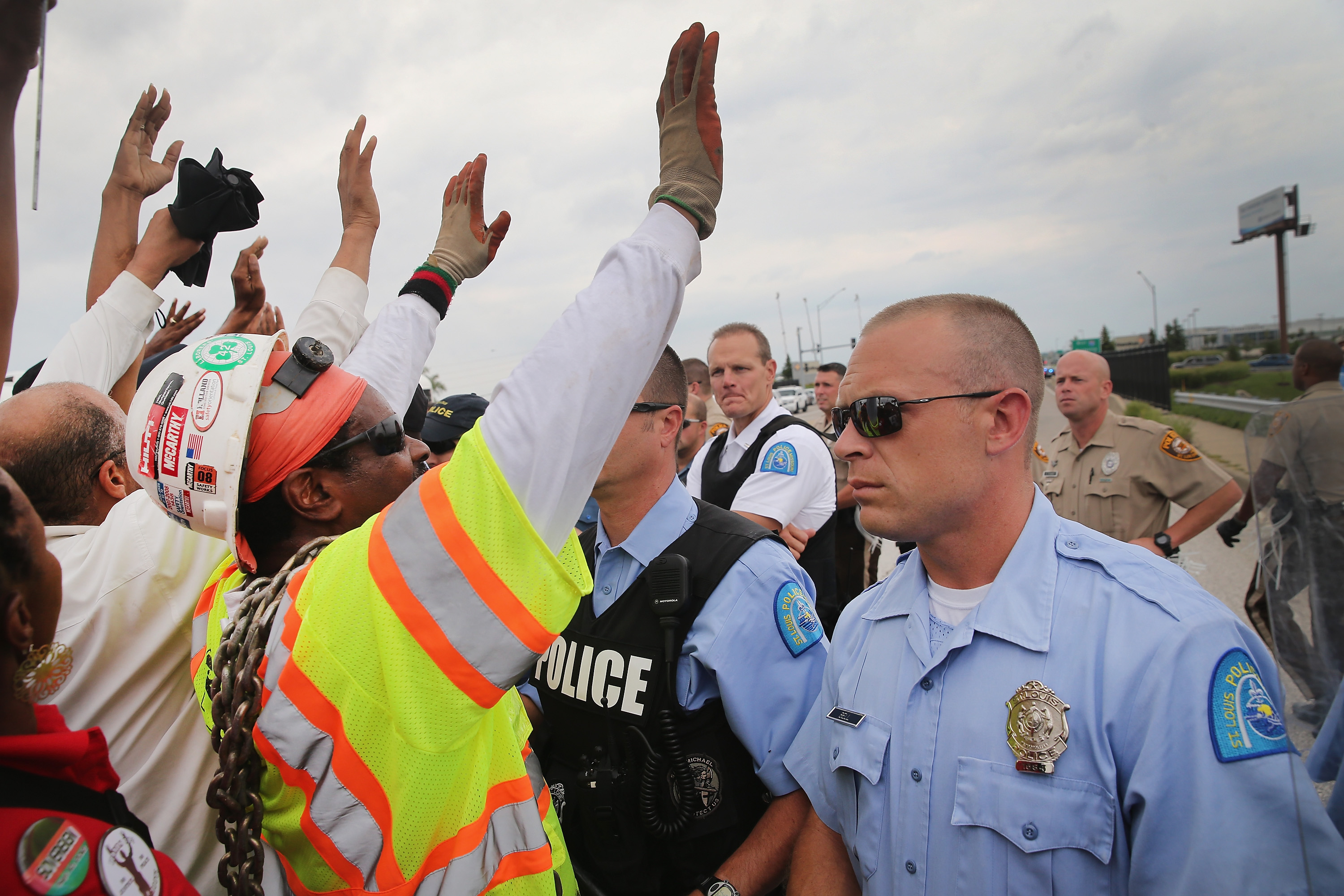
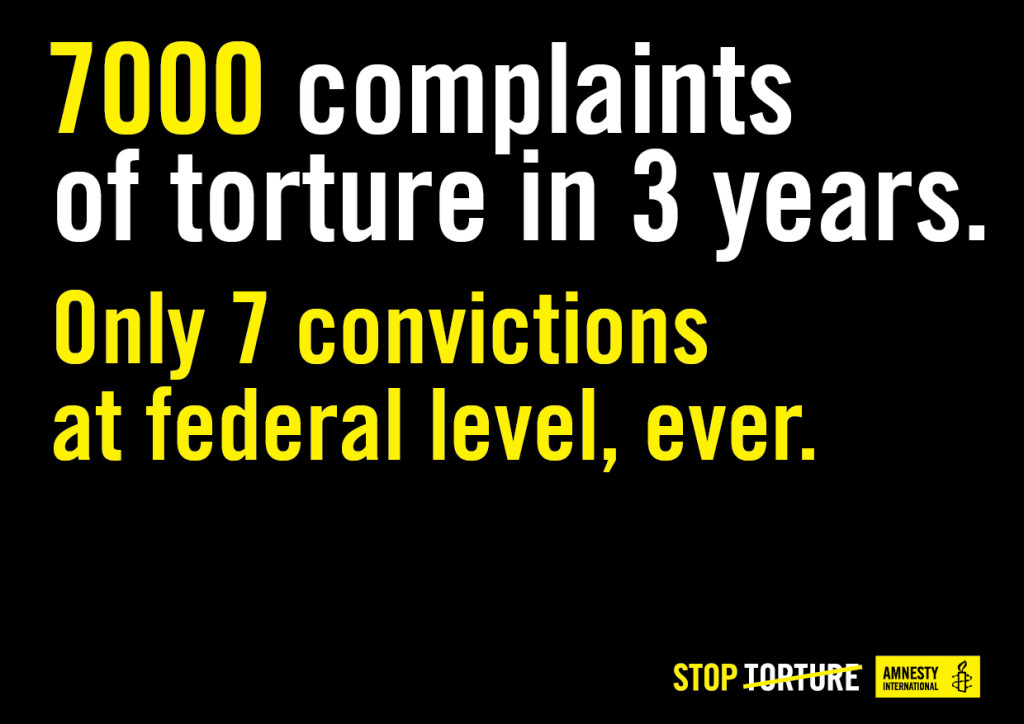 By Esmeralda Lopez, Amnesty International USA Country Specialist for Mexico My desire to end torture in Mexico runs deep. Years ago it became too dangerous for me to visit my family in Mexico because they are only hours from Ciudad Juarez, a hot spot of violence. Some officers point to incidents of violence and the high crime rate as justification for use of torture. But I know torture is not the solution.
By Esmeralda Lopez, Amnesty International USA Country Specialist for Mexico My desire to end torture in Mexico runs deep. Years ago it became too dangerous for me to visit my family in Mexico because they are only hours from Ciudad Juarez, a hot spot of violence. Some officers point to incidents of violence and the high crime rate as justification for use of torture. But I know torture is not the solution. 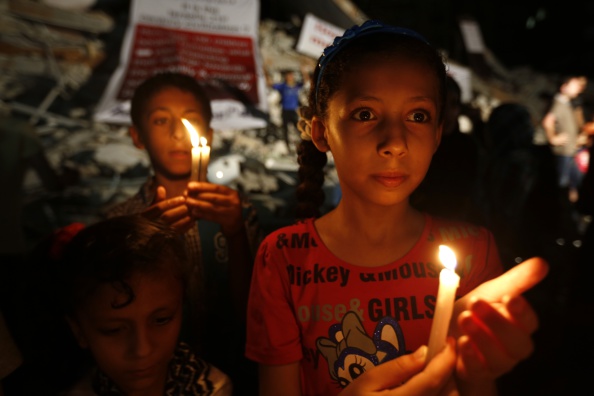
![James Foley once said he reported from the Middle East because, "We're not close enough to it. And if reporters, if we don't try to get really close to what these guys - men, women, American [soldiers] ... are experiencing, we don't understand the world" (Photo Credit: Jonathan Wiggs/The Boston Globe via Getty Images).](https://blog.amnestyusa.org/wp-content/uploads/2014/08/453861316.jpg)

